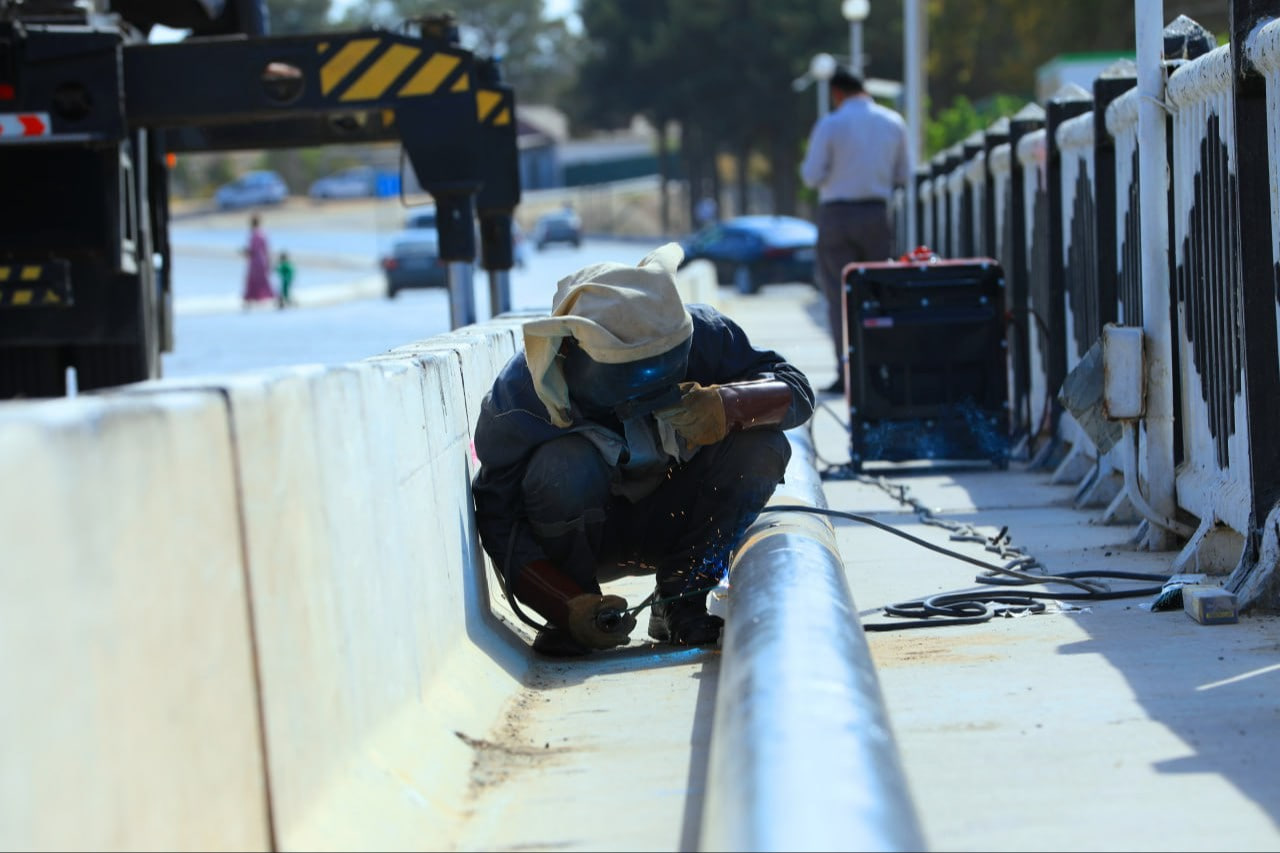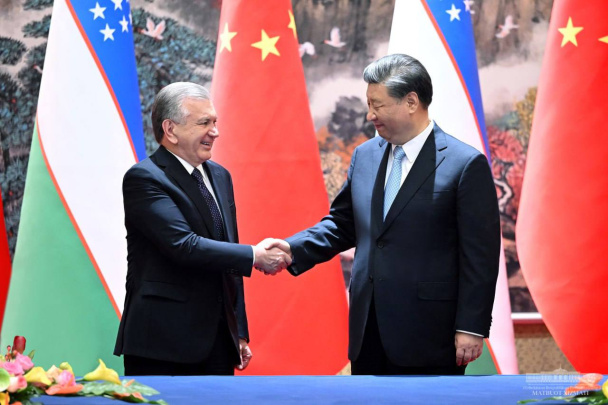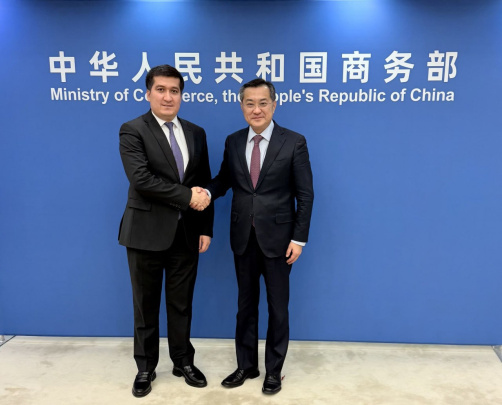The disruptions, which entrepreneurs claim came without sufficient warning, are justified by authorities as a measure to ensure uninterrupted gas delivery to households during the colder months. However, business owners argue the timing is premature, as Tashkent has yet to experience freezing temperatures this season.
Business owners, many of whom rely entirely on natural gas to operate, expressed fears of bankruptcy due to the abrupt disconnections. “Last year, gas was cut off in mid-December as an emergency measure. This year, it stopped even earlier, despite mild weather conditions,” one entrepreneur told Kun.uz.
He added that many businesses had secured large orders in advance, which they now cannot fulfill, threatening not only their operations but also the livelihoods of their employees. “Our economy will ultimately suffer as a result of these measures,” he said.
Switching to alternative energy sources is not feasible for many businesses due to the associated high costs and time required. Entrepreneurs warn that prolonged disruptions could lead to higher product prices, job cuts, and overall economic instability.
Hududgaztaminot cited a May 2024 Cabinet of Ministers resolution as the legal basis for the disconnections. The resolution requires creating a list of consumers subject to partial or full gas supply restrictions during cold weather to prioritize household needs.
Critics, however, point out that the restrictions contradict the resolution, as they were implemented before temperatures dropped significantly. Over the past ten days, Tashkent’s temperature has remained above freezing, yet gas supply to businesses continues to be curtailed.
Hududgaztaminot acknowledged that the process was accelerated to avoid difficulties in implementing large-scale disconnections during sudden cold spells. Local authorities reportedly issued prior warnings to businesses.
Energy Minister Jurabek Mirzamakhmudov previously stated that despite an increase in natural gas and electricity consumption, supply to households and businesses remains uninterrupted. He attributed the higher demand to colder-than-usual conditions in November, with temperatures dropping as low as -8°C in some regions.
The ministry has denied imposing restrictions on greenhouse farms, clarifying that those who meet payment requirements can continue to access natural gas.
However, entrepreneurs remain skeptical. They argue that the gas supply cuts not only disrupt operations but also undermine trust in authorities’ assurances.






